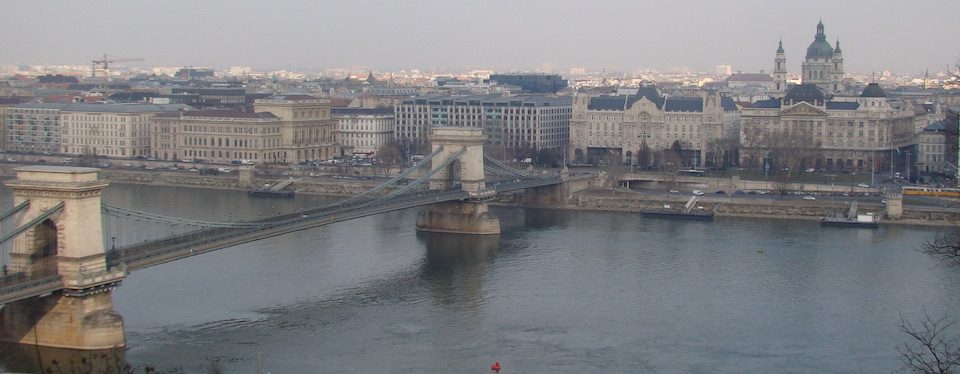Golden Visas No More?
One of my more popular blog posts is one titled “House Hunters International Goes to Porto,” featuring a couple from San Francisco who bought an apartment in a restored old building along the Douro River in Porto, Portugal. Among other advantages, like the river view and a roomy apartment in a historic building, the purchase price — about $700,000 USD — enabled them to apply for a Golden Visa allowing permanent residence in Portugal and unlimited travel throughout the EU.
Since 2016, many people have asked me about Portugal’s Golden Visa program, having fallen in love (a “House Hunters International” cliché) with the country and maybe also seeking an exit strategy in case of economic and political chaos or repression in their home country. (These aren’t necessarily people concerned about a Trump-led dictatorship in the U.S. They’ve included those in the U.K. seeking to maintain their ties with Continental Europe post-Brexit or Brazilians fleeing attacks on LGBTQ individuals under the now-ended presidency of Jair Bolsonaro.)
As of the end of 2023, however, Portugal terminated its Golden Visas for real estate investments. The decision was the result of three factors: 1) foreigners purchasing real estate, especially in Lisbon and Porto, were driving up prices and preventing young Portuguese from launching their own households; 2) real estate investment was not creating job opportunities for Portuguese workers; and 3) many of the foreign real estate buyers were older people who proved costly to this European country’s health care system. Currently, Portugal offers Golden Visas for investment only in businesses that provide a minimum number of jobs (at this writing, 10) for Portuguese workers or support endeavors in science, culture, and the arts. An example of someone who would receive this coveted residency visa is the proprietor of bookstores in Brazil who then opened one in Lisbon in 2019.

The opening of an outlet of Livraria da Travessa, a prominent Brazilian bookstore, in Lisbon in spring 2019.
This update may not be what some readers what to hear, but there are other possibilities for people seeking to retire in the EU. Spain still offers residency visas to purchasers of real estate with the requirement that the buyers live most of the year in the country. [Update 4/24: As of April 2024, Spain’s Golden Visa program is no longer available.] Greece’s program is more liberal in terms of residency requirements, though the minimum purchase threshold has been raised from 250,000 to 400,000 euros in most areas of the country and from 500,000 to 800,000 in Athens and Thessaloniki and the popular resort areas of Mykonos and Santorini.
While other European countries are tightening or eliminating their programs, Hungary has a brand-new Golden Visa program for real estate buyers, the result of the country’s depopulation and the need for new people to purchase and restore abandoned and distressed properties. Unfortunately, countries that become depopulated do so for a reason, like economic collapse. Or falling to an autocratic regime in which people cannot elect their leaders fairly, are losing their freedom to enjoy books and other media without restriction, and must display their loyalty to the regime if they don’t want their businesses to be shut down and taken over by government-friendly oligarchs. While Portugal encourages business investment from foreigners, Hungary is one example of a country that restricts such investment, focusing instead on attracting retirees.
Having visited Hungary, I could see it as a pleasant place to retire, with beautiful historic buildings, great food (it’s the real “land of cakes”), and decent, relatively inexpensive health care. The country’s aging population also means that medical facilities are accustomed to treating senior adults. I do recommend living in Budapest rather than in smaller cities or rural areas unless one is fluent in Hungarian, as there are few English speakers outside the capital city.
Although I’m not looking to retire abroad, I’m happy to help people who are looking into options outside the U.S. through my experience traveling and living as an expat. And there are other options for people who are still working, including digital nomad visas and those for people with financial independence. As rules change, I too plan to update my site with the latest information.









0 Comments
Trackbacks/Pingbacks